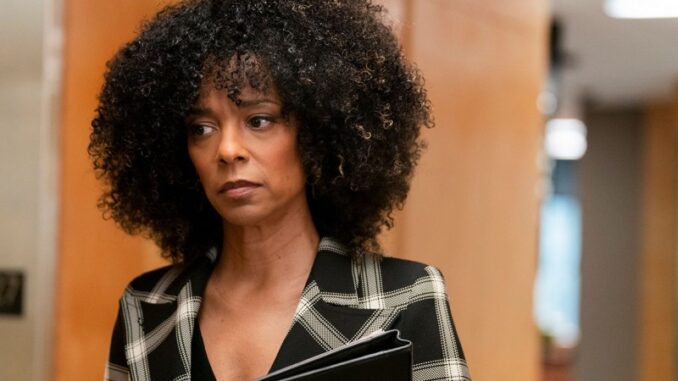
The Untimely Demise: Why "So Help Me Todd" Season 3 Never Materialized
The cancellation of a television show is a familiar, albeit often heartbreaking, event in the entertainment industry. But the demise of "So Help Me Todd," a quirky legal dramedy that garnered a dedicated fanbase and respectable ratings, felt particularly jarring. The show, which revolved around the delightfully dysfunctional mother-son dynamic of Margaret Wright, a meticulously organized lawyer, and Todd, her charmingly chaotic private investigator son, seemed poised for a long run. Yet, despite strong viewership numbers, Season 3 remained a pipe dream. Understanding why requires delving into the complex realities of network television, where ratings are just one piece of a larger, often unforgiving, puzzle.
One significant factor contributing to the show's cancellation, and arguably the most crucial, was the ongoing belt-tightening across network television. In the age of streaming dominance, traditional networks are facing dwindling advertising revenues. This financial pressure has led to widespread cost-cutting measures, forcing them to prioritize shows with the highest potential return on investment, and often, that means gravitating towards familiar franchises or unscripted content which is cheaper to produce. "So Help Me Todd," despite its loyal following, simply may not have been deemed profitable enough in the long run, especially considering the expensive sets, location shoots, and established cast demanding higher salaries.
Furthermore, the show's ownership and production structure likely played a role. "So Help Me Todd" was a CBS Studios production, but it aired on the CBS network. This separation means that CBS, while benefiting from the show's viewership, wasn't reaping the entirety of its potential profits. If the show's performance wasn't exceeding expectations, CBS might have been less inclined to absorb any potential financial risks associated with a third season, particularly in the current economic climate. Networks often prefer to own the shows they air, allowing them to control syndication rights, international distribution, and potential spinoffs – maximizing their return on investment.
Beyond financial considerations, internal network strategy could have also contributed to the cancellation. Networks are constantly re-evaluating their programming slates, striving to attract new audiences and align with evolving demographic trends. "So Help Me Todd," while popular, may not have perfectly fit into CBS's long-term vision for its prime-time lineup. Perhaps the network wanted to shift its focus towards more procedural dramas or comedies targeting a specific age group. Programming decisions are rarely solely based on a single show's performance; they are often interconnected and strategic, aiming to build a cohesive and appealing schedule.
Finally, the changing landscape of viewership itself shouldn't be discounted. While "So Help Me Todd" maintained strong "live" viewing numbers, networks are increasingly reliant on delayed viewing data (DVR playback and streaming views) to accurately gauge a show's popularity. If the show's delayed viewing numbers weren't significantly supplementing its live viewership, it might have been perceived as less vital to the network's overall success. In the era of binge-watching and on-demand content, live viewership is no longer the definitive measure of a show's viability.
The cancellation of "So Help Me Todd" serves as a stark reminder that the world of network television is a complex and often unpredictable ecosystem. While strong ratings are undoubtedly important, they are not the sole determinant of a show's fate. The show's demise highlights the significant impact of financial pressures, ownership structures, network strategies, and evolving viewing habits on programming decisions. Ultimately, the absence of a third season leaves a void for fans who appreciated the show's witty dialogue, heartwarming relationships, and the unique dynamic between a mother and son navigating the messy world of law and life. The case of "So Help Me Todd" is closed, but the reasons behind its untimely end continue to resonate as a cautionary tale in the ever-evolving landscape of television entertainment.
